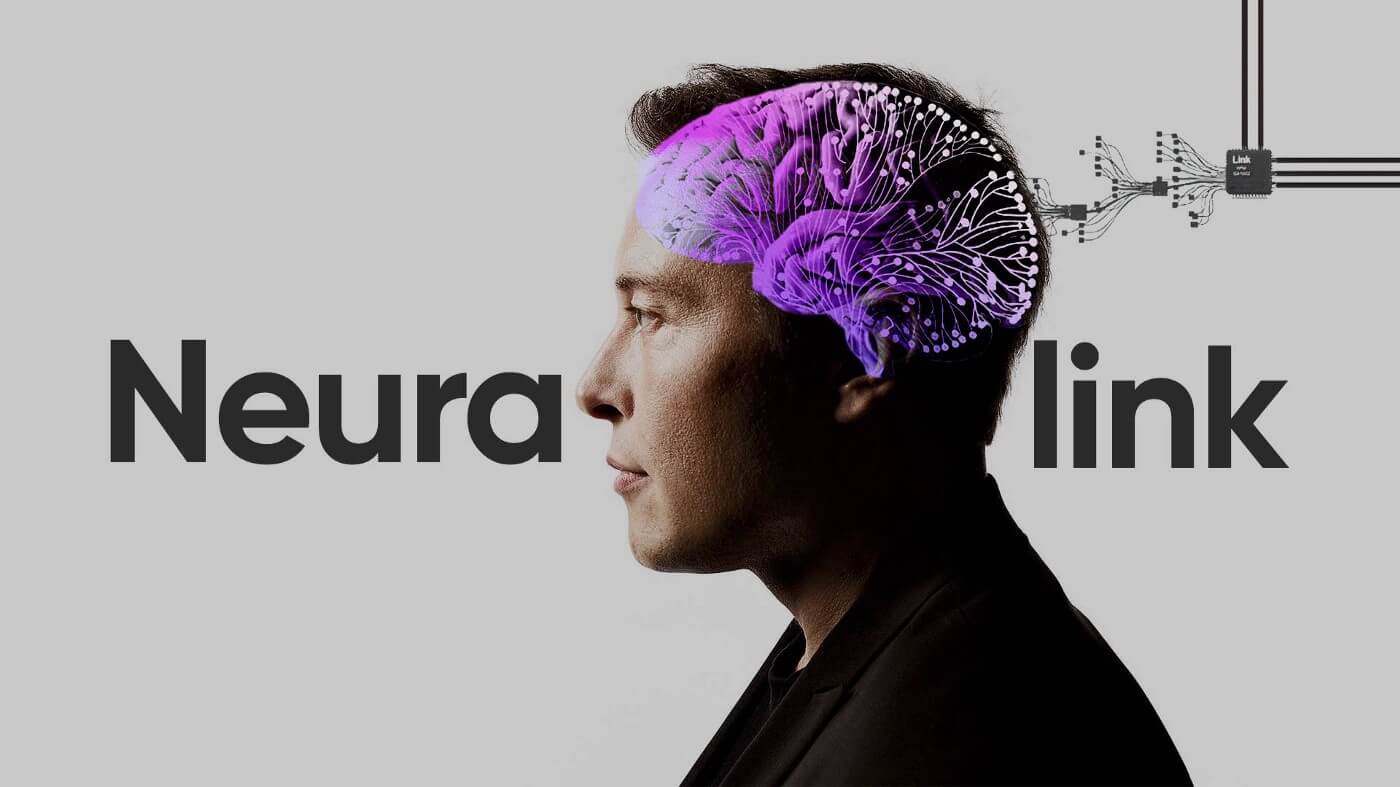Elon Musk's brain-computer interface startup Neuralink has closed a $650 million Series E funding round.
The investment was backed by ARK Invest, Founders Fund, Human Capital, Lightspeed, Sequoia Capital, and Thrive Capital.
According to Neuralink, the capital injection will be used to "expand access to patients and innovate future devices that deepen the connection between biological and artificial intelligence." The startup is currently recruiting engineers and operators across all disciplines whilst seeking patients for current and future clinical trials.
"This funding helps restore independence for those with unmet medical needs and pushes the boundaries of what's possible with brain interfaces," the company stated.
Since its establishment in 2016, Neuralink has raised a total of $1.24 billion across seven funding rounds, according to its website. The company previously raised $323 million in a Series D funding round in 2023, led by Founders Fund.
Neuralink's flagship product, Telepathy, uses ultra-thin flexible wires that are embedded directly into the brain to capture neural signals and transmit them wirelessly to external devices. The wires are thinner than human hair and record neural signals through 1,024 electrodes.
Over the past two years, the company has initiated clinical trials at neurosurgical institutions across three countries and two continents. Partner institutions include the Barrow Neurological Institute, the Miami Project to Cure Paralysis at the University of Miami, the University Health Network (Toronto Western Hospital), and the Cleveland Clinic Abu Dhabi.
The stated goal of the technology is to help patients with severe paralysis regain independence. As of this week, five patients have received Neuralink implants and are able to "control digital and physical devices with thought," according to the company's statement.
The first patient to receive a Neuralink device was Noland Arbaugh, who was paralysed in a driving accident and had the device implanted in January 2024.
Latest News
-
BAE Systems launches UK tech incubator scheme
-
Morrisons to launch real-time engagement tech across stores
-
Crypto exchange Gemini to cut workers, exit UK, EU and Australia amid market slump
-
Anthropic unveils Claude Opus 4.6 as enterprise AI race intensifies
-
Government to collaborate with Microsoft on deepfake detection framework
-
50% of firms will rehire staff laid off due to AI by 2027, predicts Gartner
The future-ready CFO: Driving strategic growth and innovation
This National Technology News webinar sponsored by Sage will explore how CFOs can leverage their unique blend of financial acumen, technological savvy, and strategic mindset to foster cross-functional collaboration and shape overall company direction. Attendees will gain insights into breaking down operational silos, aligning goals across departments like IT, operations, HR, and marketing, and utilising technology to enable real-time data sharing and visibility.
The corporate roadmap to payment excellence: Keeping pace with emerging trends to maximise growth opportunities
In today's rapidly evolving finance and accounting landscape, one of the biggest challenges organisations face is attracting and retaining top talent. As automation and AI revolutionise the profession, finance teams require new skillsets centred on analysis, collaboration, and strategic thinking to drive sustainable competitive advantage.
© 2019 Perspective Publishing Privacy & Cookies










Recent Stories